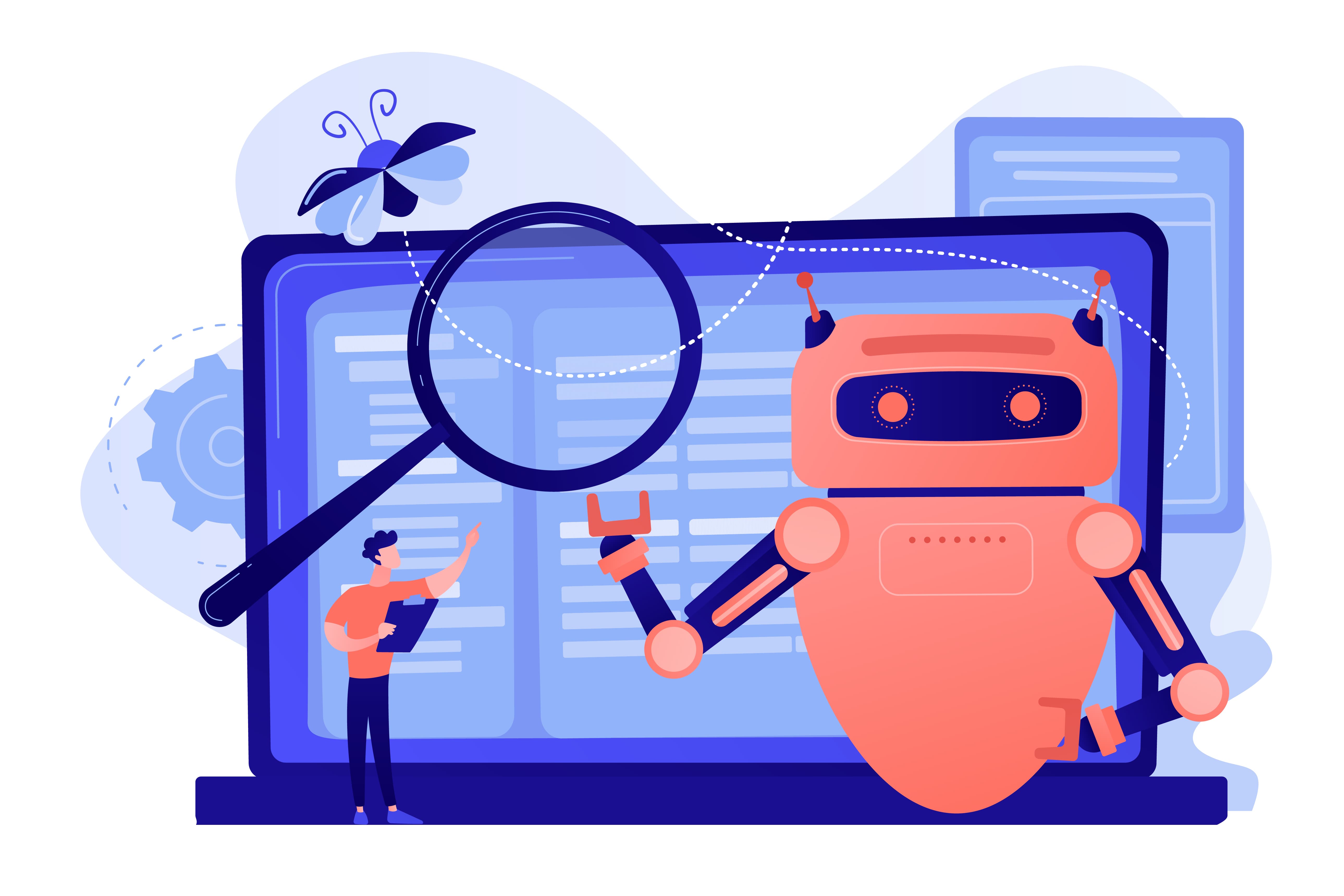For most of the past decade, data governance was treated as a legal issue. IT built networks and bought tools, while regulators were someone else’s problem. That division no longer holds. Cloud adoption and AI have turned data sovereignty into a core infrastructure and strategy question.
Regulatory frameworks such as GDPR, NIS2, and DORA are expanding and being enforced more strictly. Governments are also scrutinising foreign cloud providers and cross-border access. Local data storage no longer ensures absolute data sovereignty if critical control layers remain outside national jurisdiction.
Traditional SASE and SSE models were not built for this environment. Many still separate outbound cloud traffic from inbound controls. That split creates blind spots in distributed architectures and complicates consistent policy enforcement.
AI workloads intensify the pressure. Retailers, banks, and manufacturers are deploying models locally, not just in hyperscale clouds. Securing east-west traffic across systems and APIs without undermining data sovereignty is becoming a central architectural challenge.
Managed sovereign infrastructure is one response. It reduces reliance on external cloud paths while preserving operational scale. Ultimately, organisations must align security, AI deployment, and governance with long-term resilience goals.
Would you like to learn more about AI, tech, and digital diplomacy? If so, ask our Diplo chatbot!










